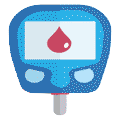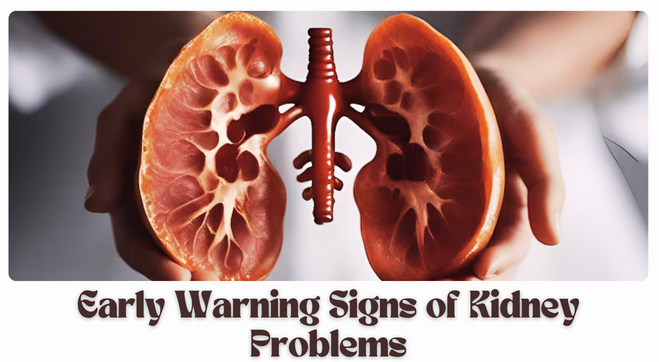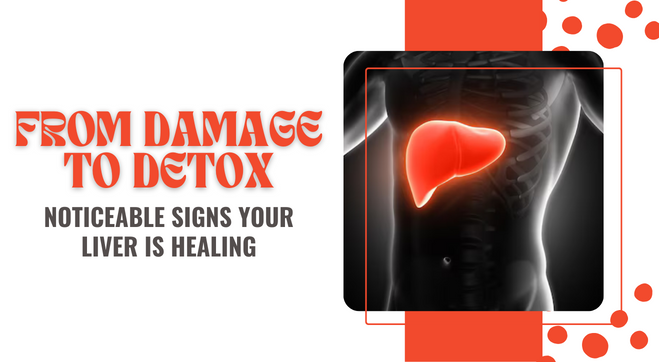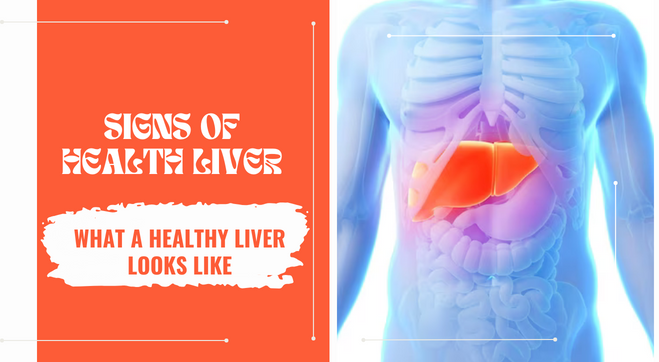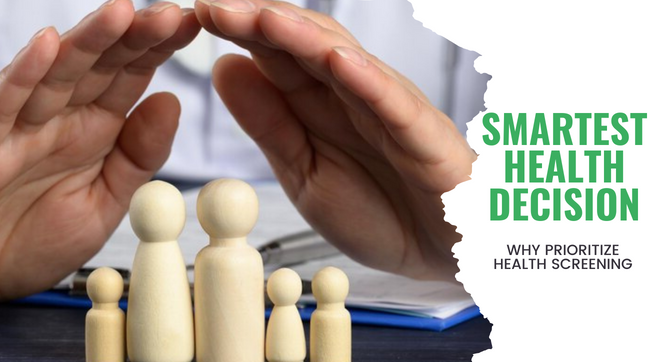If you're wondering why getting screened for diabetes is necessary, you should be aware that diabetes is a life-threatening Disease and if left untreated, can have major health repercussions. Even if you have no visible symptoms, you may be at risk of developing diabetes and may need a need diabetes screening test as early as possible. The Diabetic Profile Test is meant to evaluate different indicators of diabetes and the body's glucose metabolism. This test aids in the early identification, diagnosis, and treatment of prediabetes disorders and various other types of diabetes.
Diabetes checkups can help you with:
- Detect Diabetes: A Diabetes Screening test helps identify if a person has diabetes or is at risk of developing it by measuring blood glucose levels.
- Monitor Blood Sugar Levels: For individuals already diagnosed with diabetes, the Diabetes screening test helps monitor blood sugar levels over time to ensure they are within a healthy range.
- Evaluate Overall Diabetic Health: The sugar profile test provides insights into how well diabetes is being managed and if any adjustments to treatment plans are necessary.
- Assess Risk Factors: The Sugar test can also identify risk factors associated with diabetes, such as obesity, family history, and lifestyle choices.
- Prevent Complications: Early detection and management of diabetes can help prevent or delay complications such as heart disease, kidney damage, nerve damage, and vision problems.
Furthermore, if you have already received a diabetes diagnosis, a routine sugar test at home can help you keep track of your normal blood sugar levels and modify your treatment strategy to keep your condition under control.







